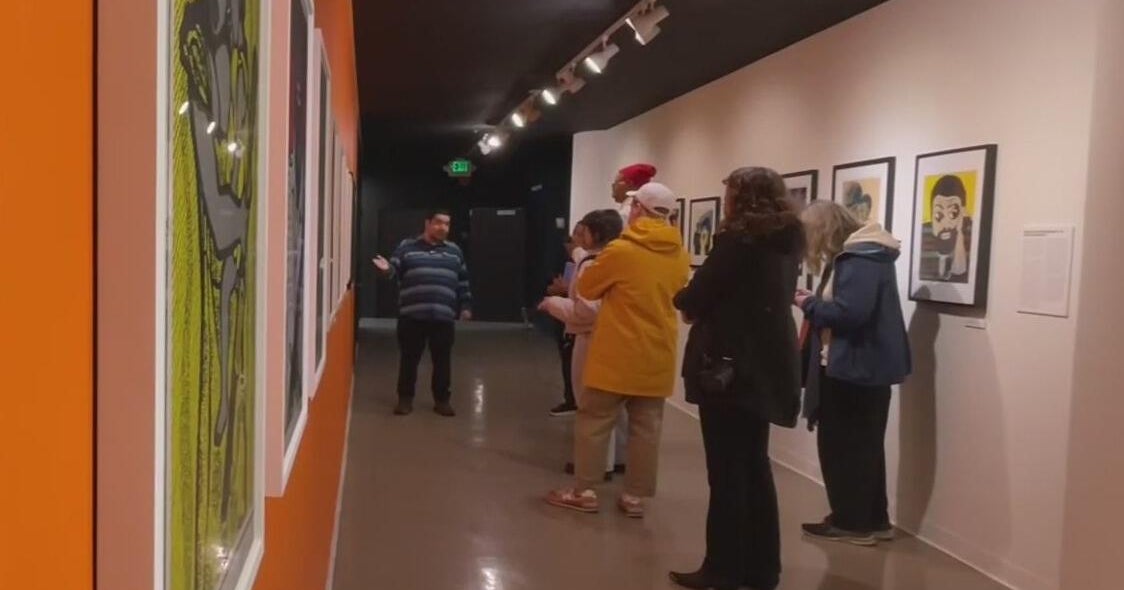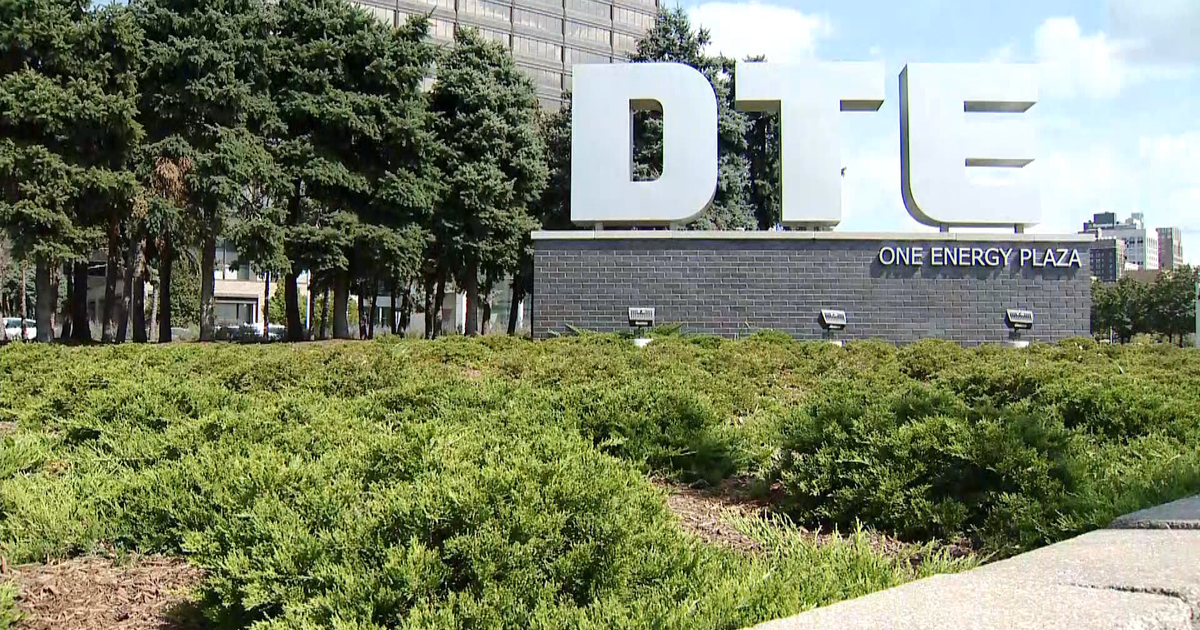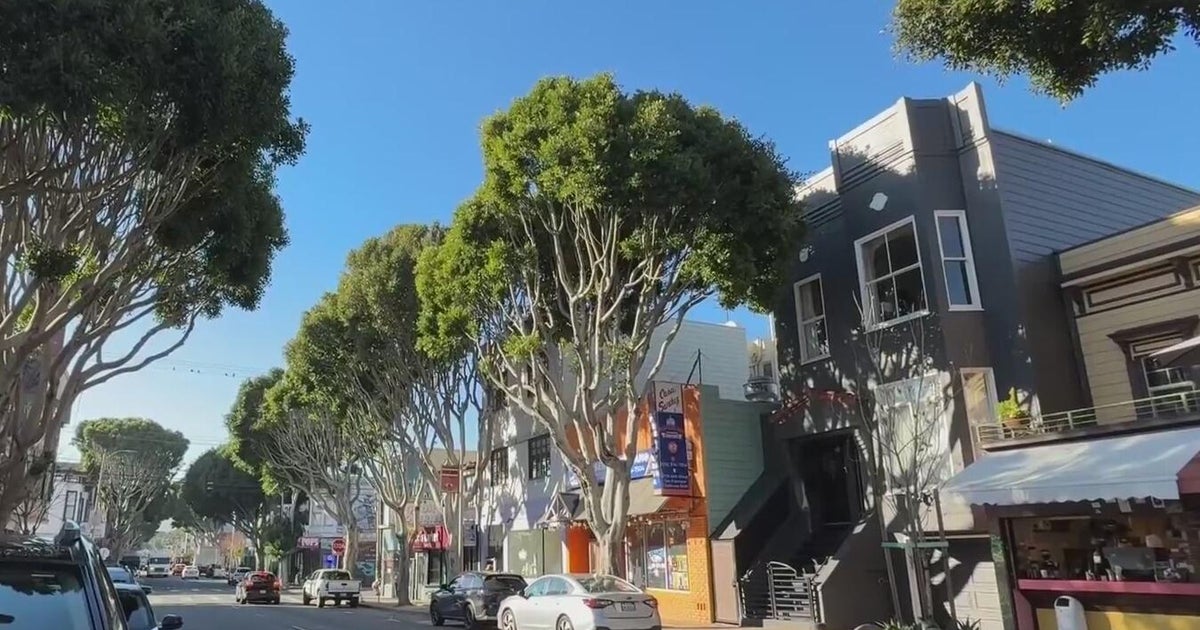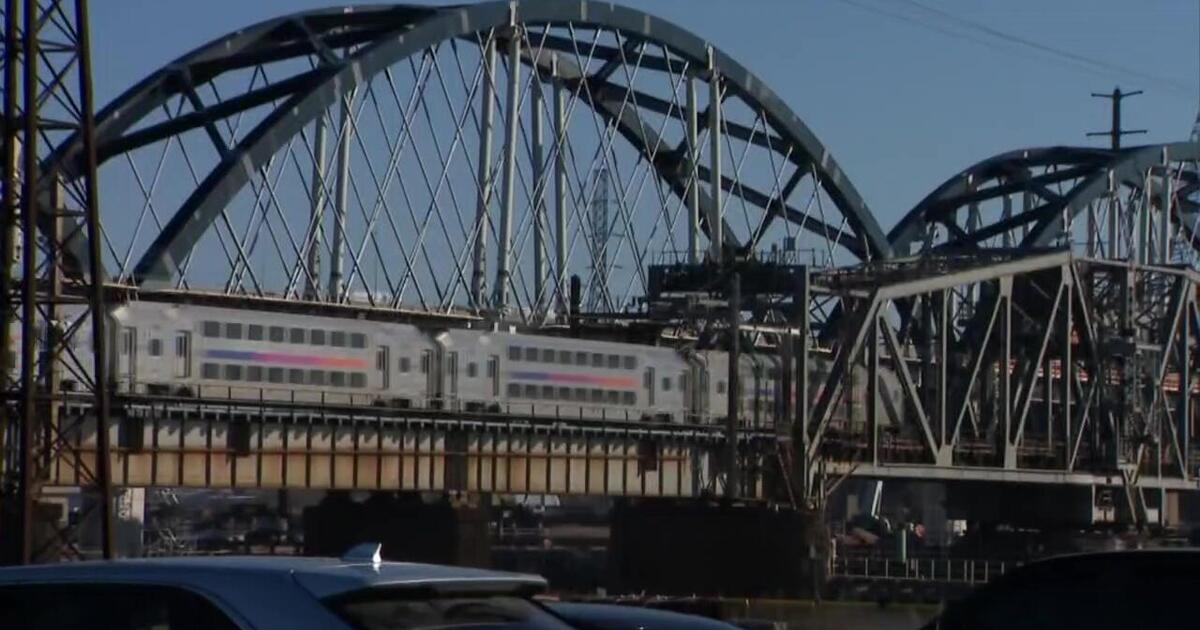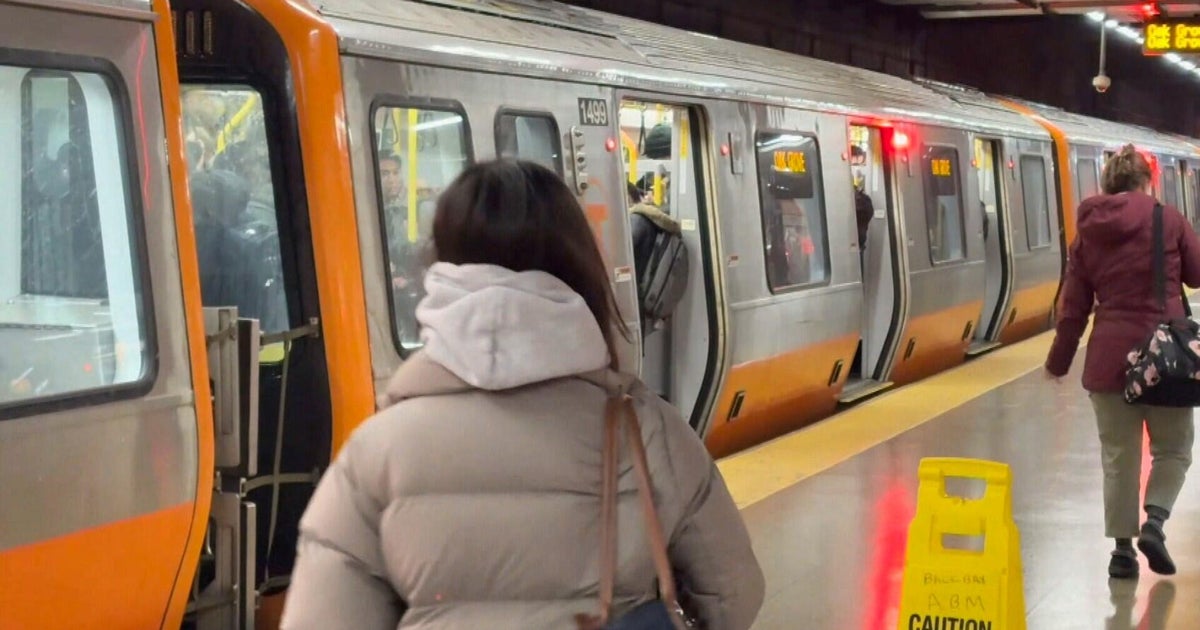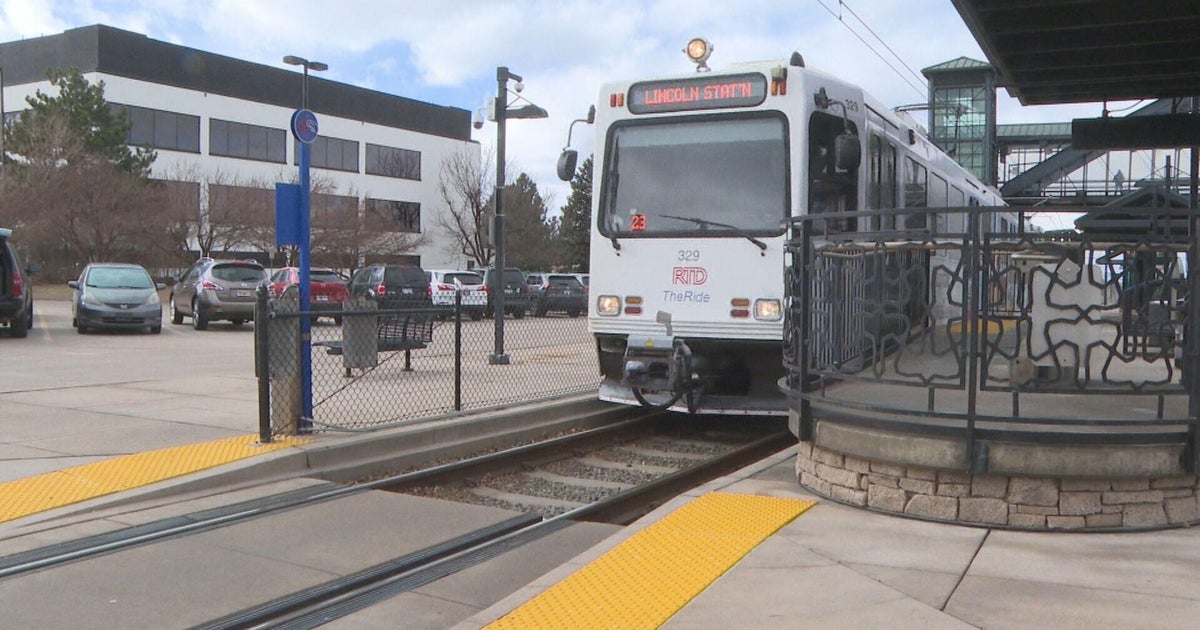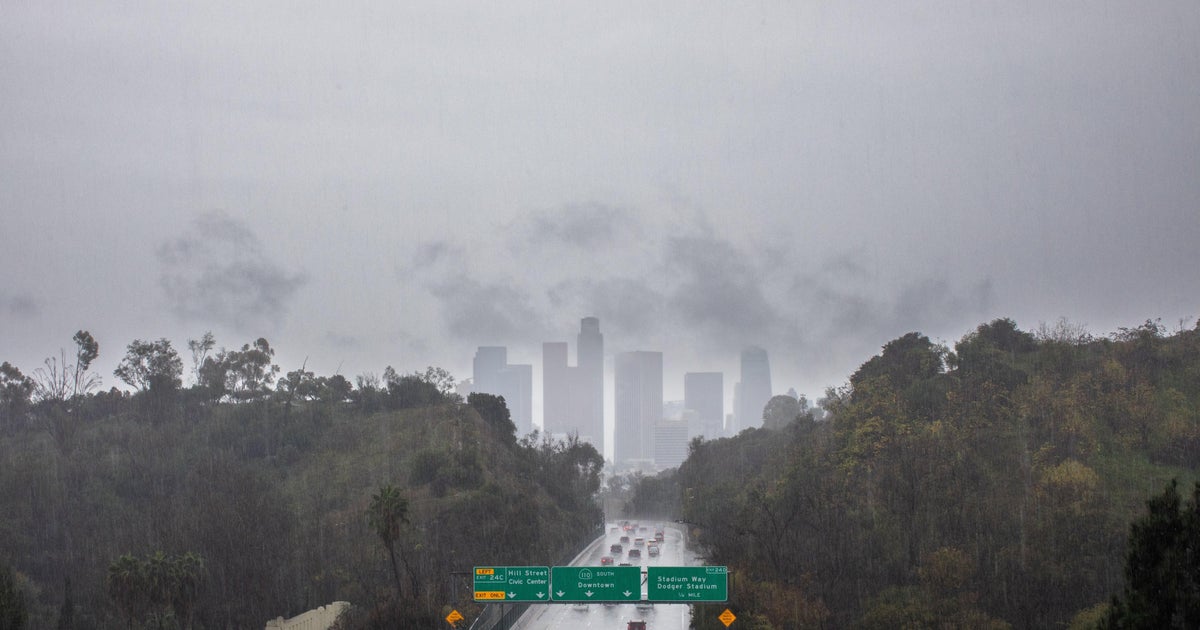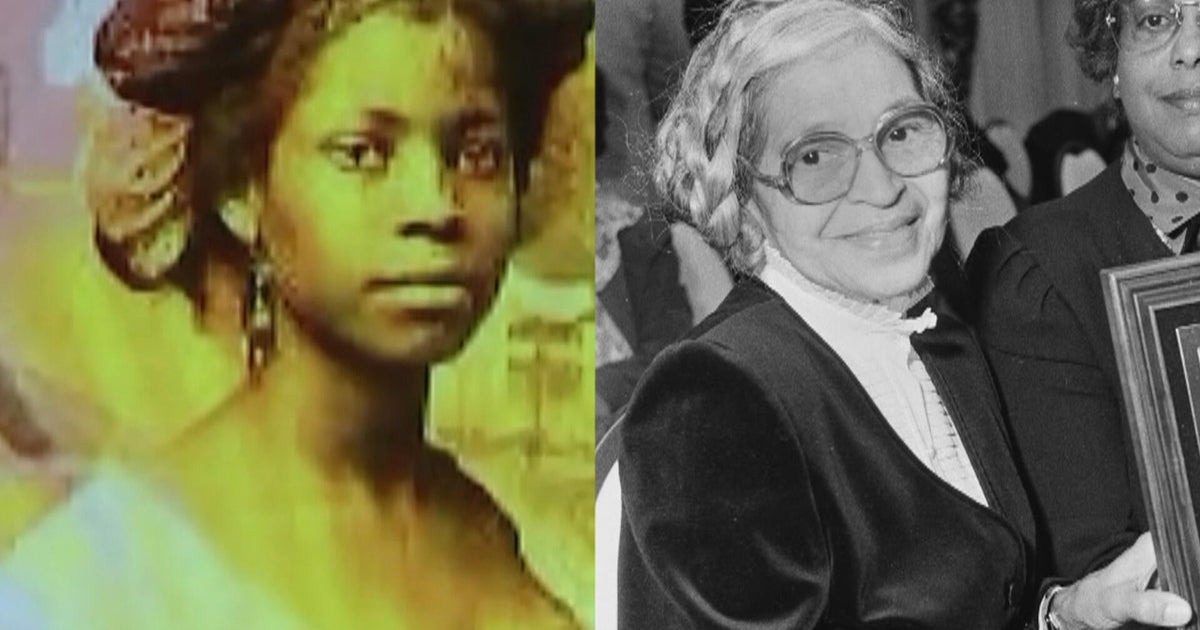Planned toll hike to keep public transit afloat gets mixed response
SAN FRANCISCO - California lawmakers are working on a measure designed to keep public transit moving and avoid service cuts, as agencies continue to struggle to recover ridership: a temporary bridge toll hike.
Right now, it costs $7 to drive over the state-owned Bay Area bridges, which includes the Antioch Bridge, Benicia-Martinez Bridge, Carquinez Bridge, Dumbarton Bridge, Richmond-San Rafael Bridge, San Francisco-Oakland Bay Bridge, and the San Mateo-Hayward Bridge. If lawmakers approve SB 532, the toll will go up to $8.50.
Some transit advocates say this will help prop up the transit system, as federal COVID emergency funds run out. But some longtime residents, like Laurance Lee, are skeptical about footing the bill, and say they'd like to see operational changes.
"I can see the need to avoid a fiscal cliff - God help us if we have less public transit," said Lee. "But, how is this working, and what about some of the concerns about how MUNI, BART, all of these different organizations are spending their money?"
Lee grew up in San Francisco, has made a life here, and plans to stay here. He sometimes takes public transit to get around, sometimes he drives. The potential rate hike won't have a drastic impact on him, as he only goes over a bridge once a week or so. But he's concerned it will for those who drive over a bridge every day.
"Every single day, an extra dollar is going to affect so many people's choices," he said. "Will I pay more for driving from Vallejo to San Francisco, to teach, to be a cop?"
State Senator Scott Wiener sponsored SB 532.
"I'm not going to pretend there's an easy solution here," he said.
He says the Bay Area's public transit agencies are in the throws of a dire fiscal emergency, as ridership that collapsed during the pandemic isn't roaring back.
"If we don't step in with some sort of funding solution, by next year, BART and MUNI in particular, are going to have to start cutting service. We need to avoid that," he said. "If we were trying to destroy downtown San Francisco, if that were someone's goal, one of the most efficient ways of doing that would be to collapse public transportation."
The hike would be temporary, in place for a five-year period, per Wiener. The revenue would fund public transit improvements and help transit agencies bridge the gap between now and a likely regional funding measure in 2026.
"This is a temporary increase because the plan is in 2026 to have a regional funding measure for public transportation for long-term sustainability. But we have another 3.5 years until we get to that point where those funds would come in," he said. "If people don't like the idea of an increased bridge toll, then tell me how we should fund these operational deficits. I'm totally open minded if there are other ideas."
Lee remains skeptical. He says he isn't confident the revenue from the proposed toll hike would lead to significant system improvements, nor would it be temporary.
"They need money to help with the schedule, to cover the costs of what they're trying to do, to help things succeed going forward. But at the same time, are they doing enough for safety changes? Are they doing enough in finding places to cut costs," he said. "We're in a sense of, wow, that's a lot of spending and what are we getting for it?"
Wiener called the proposal "short-term triage," that will help ensure there are viable public transit systems in the future.
"If we don't take action now to shore them up, and keep them solvent, they're not going to be able to recover," he said. "You can't have recovery or reform of a system that's fallen apart."
SB 532 passed the Assembly Transportation Committee with a 10-4 vote, and heads next to the Assembly Appropriations Committee.
